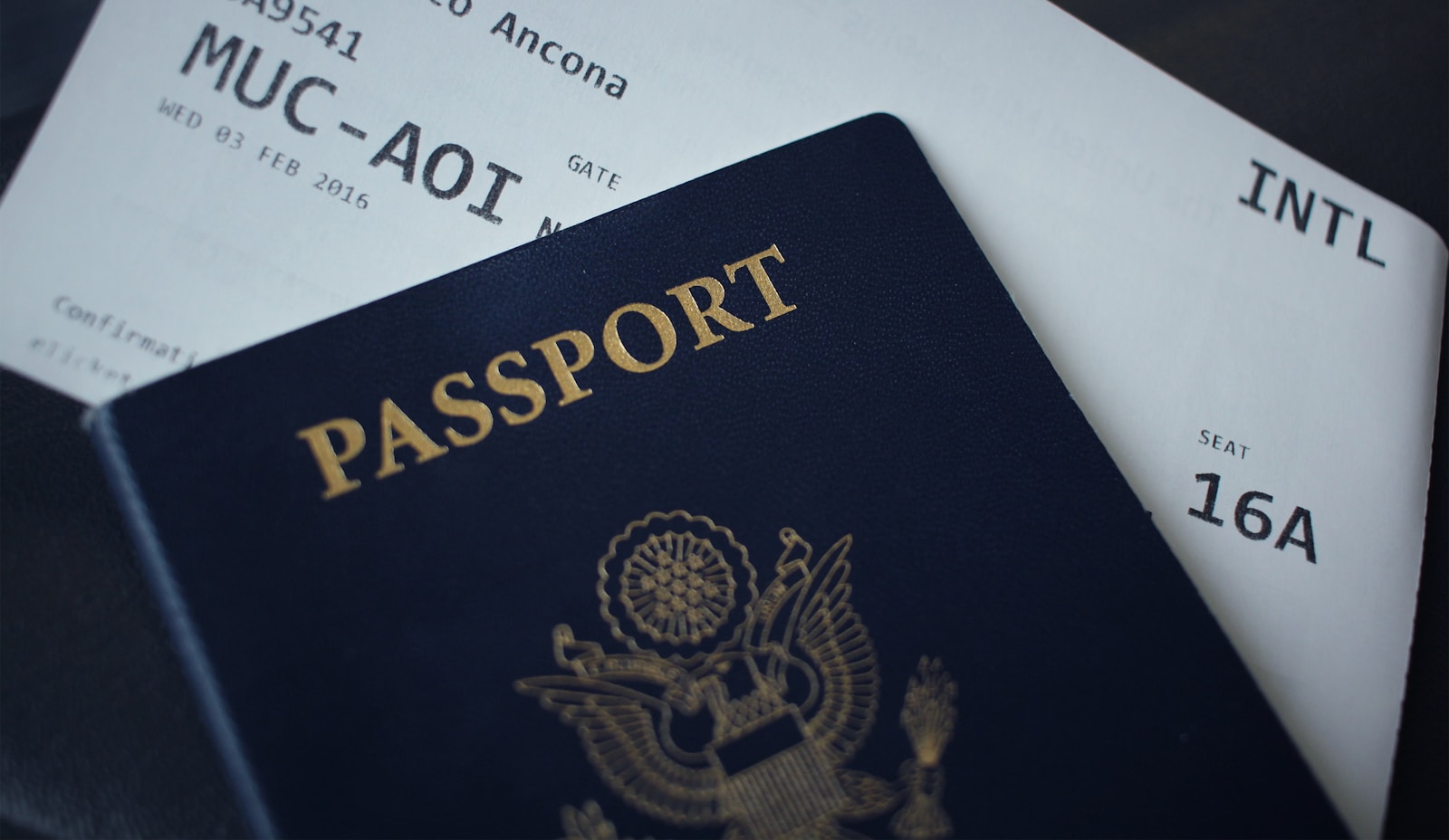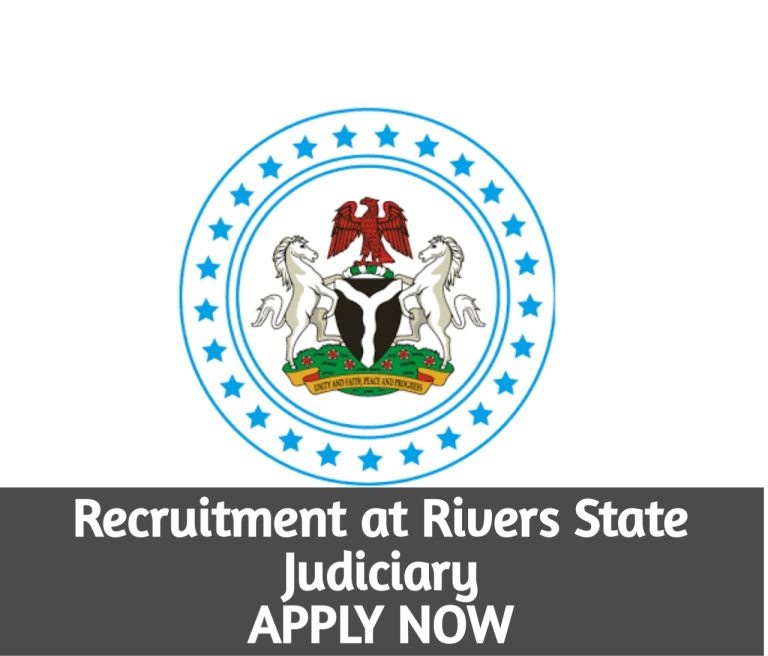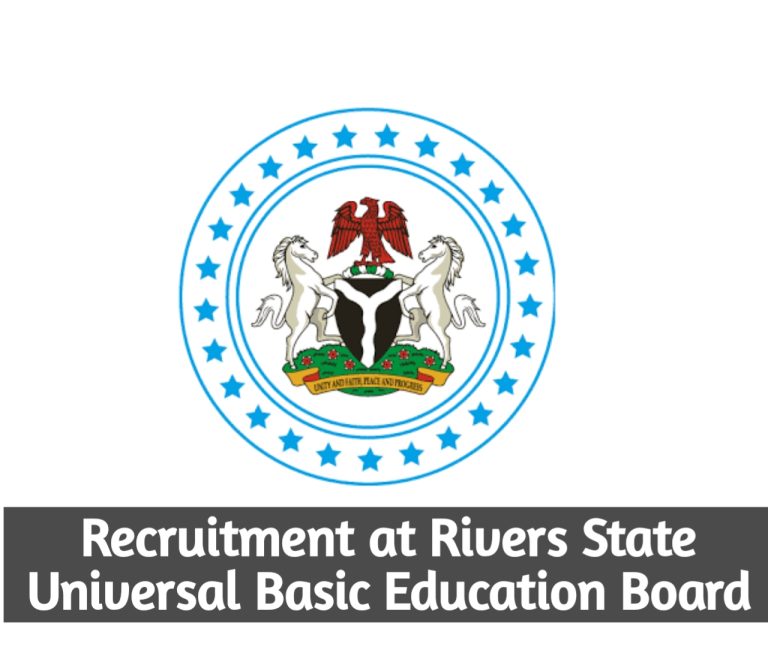USA Visa Lottery – Green Cards and Permanent Residence in the U.S
Introduction
The United States, often referred to as the “Land of Opportunity,” attracts people from all corners of the globe. Whether it’s the promise of a better life, world-class education, or professional growth, the allure of the U.S. is undeniable. One pathway to achieving the American dream is through the Diversity Immigrant Visa Program, commonly known as the Green Card Lottery. In this comprehensive article, we’ll delve into the intricacies of this program, demystify the process, and explore how lucky winners can secure permanent residency in the U.S.
1. What Is the Diversity Immigrant Visa Program?
The Diversity Immigrant Visa (DV) Program, affectionately called the Green Card Lottery, awards up to 50,000 immigrant visas annually. These coveted visas are made available to citizens of countries with historically low immigration rates to the U.S. If you’re eligible, participating in the DV Lottery could be your ticket to a new life on American soil.
2. Eligibility Criteria
Before you start dreaming of New York skyscrapers or California beaches, let’s check if you qualify for the DV Program. To be eligible, you must:
- Be a citizen of an eligible country (the list changes each year).
- Have at least a high school education or equivalent work experience.
- Meet the strict health and character requirements.
3. The Application Process
3.1 Applying for the DV Lottery
The journey begins with submitting your application during the annual registration period. Keep an eye out for the official announcement, usually around October. Remember, timing is crucial!
3.2 Transitioning from Winner to Visa Holder
Congratulations! You’ve won the lottery (not the Powerball, but close). Now what? The U.S. Department of State will notify you, and you’ll proceed to the next steps:
- Complete the DS-260 form online.
- Attend a visa interview at the U.S. embassy or consulate in your home country.
- Pass the medical examination and security checks.
3.3 Waiting Game
Patience is key. After your interview, you’ll wait for visa allocation. Once your number is up, you’ll receive your immigrant visa. Pack your bags; America awaits!
4. Permanent Residency: The Ultimate Goal
4.1 The Green Card
Your immigrant visa grants you conditional permanent residency. Upon arrival in the U.S., you’ll receive your Green Card—a tangible symbol of your new life. It’s valid for ten years and renewable.
4.2 Becoming a Permanent Resident
Within the first two years, you must apply to remove the “conditional” status. Prove your bona fide marriage (if applicable) or demonstrate your investment in the U.S. economy.
How can I check if my country is eligible for DV Lottery?
To determine if your country is eligible for the Diversity Immigrant Visa (DV) Lottery, follow these steps:
- Check the Official List: The U.S. Department of State annually publishes a list of eligible and ineligible countries for the DV Program. This list may change each year. To see the most recent list of eligible countries, visit the official DV Lottery instructions1. Look under requirement #1 on page 2 for the relevant link.
- Review Eligibility Criteria: Ensure you meet the following eligibility requirements:
- Be a citizen of a country with a low immigration rate to the United States.
- Have graduated from high school or its equivalent, or possess qualifying work experience.
- Registration Process: The registration period for the DV Lottery changes each year. For the 2025 DV Lottery, registration was open from October 4, 2023, to November 7, 2023, at 12 noon ET. Follow the instructions provided and apply through the Electronic Diversity Visa Program online portal. Keep your confirmation number safe; you’ll need it to check the status of your entry online.
What is the difference between a Green Card and citizenship?
A Green Card and citizenship in the United States are distinct legal statuses, each conferring different rights and responsibilities. Let’s explore the differences:
Green Card (Lawful Permanent Resident Status)
- Definition:
- A Green Card, officially known as a Permanent Resident Card, grants an individual the right to live and work permanently in the U.S.
- It is a step toward becoming a U.S. citizen but does not automatically grant citizenship.
- Rights and Privileges:
- Residency: Green Card holders can reside in the U.S. indefinitely.
- Work Authorization: They can work for any employer in any job.
- Social Benefits: Access to social services, education, and healthcare.
- Travel: They can travel freely in and out of the U.S.
- Responsibilities:
- Maintain Residency: Green Card holders must maintain continuous residence in the U.S.
- File Taxes: They must file U.S. tax returns.
- Selective Service: Males aged 18 to 25 must register with the Selective Service.
- Path to Citizenship:
- After five years (or three years if married to a U.S. citizen), Green Card holders can apply for naturalization (citizenship).
- Naturalization involves passing a citizenship test and demonstrating English proficiency.
U.S. Citizenship
- Definition:
- Citizenship grants full membership in the U.S. with all associated rights and responsibilities.
- It is the highest legal status one can achieve.
- Rights and Privileges:
- Voting: Citizens can vote in federal, state, and local elections.
- Passport: They can obtain a U.S. passport.
- Public Office: Eligible to run for public office.
- No Deportation: Citizens cannot be deported.
- Responsibilities:
- Loyalty: Pledge allegiance to the U.S. and defend the Constitution.
- Jury Duty: Serve on juries when called.
- Selective Service: Males aged 18 to 25 must register.
- Naturalization Process:
- Eligible Green Card holders can apply for citizenship after meeting residency requirements.
- The process includes an interview, civics test, and English language test.
Rights and responsibilities of Green Card Holders
Being a Green Card holder, also known as a lawful permanent resident, brings both rights and responsibilities. Here’s a summary:
Rights:
- Live and work permanently in the U.S.: You can reside anywhere in the country and obtain any legal employment you qualify for (exceptions exist for certain security-sensitive positions).
- Travel freely within the U.S.: You can move between states without restriction.
- Own property: You can buy and sell property like any U.S. citizen.
- Access benefits: You may be eligible for federal benefits like Social Security, Medicare, and student loans after meeting specific requirements.
- Apply for citizenship: After residing in the U.S. for a certain period (typically 5 years), you can become a U.S. citizen through naturalization.
- Enjoy legal protections: You’re entitled to equal protection under the law and due process of law.
Responsibilities:
- Obey all laws: This includes federal, state, and local laws. Engaging in criminal activity can jeopardize your immigration status.
- Pay taxes: File federal and state income tax returns like any U.S. citizen.
- Maintain your Green Card: Keep your card valid and report any changes in address or marital status to USCIS within 10 days.
- Register for Selective Service (if applicable): Male Green Card holders aged 18-25 must register with the Selective Service.
- Support the government: While you can’t vote, you’re expected to uphold the democratic principles of the U.S. government.
Additional things to know:
- Traveling outside the U.S. for extended periods (generally over a year) might require a re-entry permit.
- Green Card holders cannot vote in federal, state, or local elections.
- Some benefits might have residency requirements beyond simply having a Green Card.
Conclusion
The Diversity Immigrant Visa Program opens doors for those seeking a fresh start in the U.S. It’s a chance to contribute to the rich tapestry of American life. So, if you’re feeling lucky, roll the dice, enter the Green Card Lottery, and who knows? Maybe the stars will align, and you’ll find yourself sipping coffee in a New York café or hiking the Grand Canyon.
FAQs
- Is the DV Lottery free to enter? Yes, participation in the DV Program is entirely free. Beware of scams claiming otherwise.
- Can I apply if I’m already in the U.S. on a different visa? Absolutely! Your current visa status won’t affect your eligibility for the DV Lottery.
- What happens if I miss the registration window? Unfortunately, you’ll have to wait until the next year’s lottery. Mark your calendar!
- Can I bring my family with me? Yes, your spouse and unmarried children under 21 can join you as derivative beneficiaries.
- How long does the entire process take? From application to Green Card, it usually spans 1.5 to 2 years. Patience, my friend! 🇺🇸






